By the enactment of Law No. 30 of 2002 on The Corruption Eradication Commission, which was later amended by Government Regulation in lieu of Law No. 1 of 2015 on Amendments to Law No. 30 of 2002 on The Corruption Eradication Commission (“KPK Law”), the KPK was formed in 2002 in order to reduce the corruption prevalent in Indonesia. Recently, the House of Representatives (“House”) debated and developed a bill to amend the KPK Law and claimed that the main purpose of the amendments is to change the corruption eradication paradigm from prosecution measure to prevention measure. Although the bill to amend the KPK Law has been severely criticized by various stakeholders, including the KPK itself, on 17 September 2019, the House passed it.
After the House passes the bill, the Constitution gives the President 30 days to sign it, so it officially becomes a Law. However, under Article 20 (5) of the Constitution, if the President does not do so, the bill automatically becomes a law and therefore, must be promulgated.
As the President did not sign the bill within 30 days, on 17 October 2019, the government officially enacted Law No. 19 of 2019 on the Second Amendment to Law No. 30 of 2019 on The Corruption Eradication Commission (“Law 19/2019”) which came into effect on the same date, and therefore Law 19/2019 came into effect under Article 20 (5) of the Constitution.
The major changes to the KPK Law include, among others, the following:
The Status of the KPK and its Officers
Previously under the KPK law, the KPK was defined as a state agency which in performing its duties and exercising its authorities was independent and free from the influence of third parties. However, under Law 19/2019, the KPK is now considered an executive agency. Although Article 3 of Law 19/2019 clearly states that the KPK will still be independent and free of any influence, the consequence of making the KPK an executive agency could be that the KPK’s independence will be compromised by third parties.
Law 19/2019 also gives the KPK’s officers the status of Civil Servants, while, previously, the KPK Law was silent on their status. It merely stated that the procedure for the appointment of KPK officers would be determined under a decree issued by the KPK commissioners. Now, since Article 24 of Law 19/2019 clearly states that KPK officers are civil servants, the procedure for the appointment of its officers will be that required under the prevailing laws and regulations on civil servants.
Preliminary Investigation, Investigation and Prosecutions
Under the KPK Law, the KPK had the authority to investigate and prosecute corruption cases which involved losses to the state of at least IDR1 Billion (USD70,000) or involved law enforcement officials, or government executives or any party related to acts of corruption committed by them. The previous limitations still apply, but under Article 11 of Law 19/2019, the KPK will no longer be able to investigate and prosecute corruption cases which attract public attention. However, there is no clear explanation of what constitutes a case which attracts public attention.
Although the Police and the General Attorney’s Office will be able to investigate corruption cases which are not within the KPK’s authority and prosecute perpetrators, under Article 10A (2) of Law 19/2019, the KPK will only be able to take over cases provided that certain conditions are met (eg the case has been delayed for no apparent reason or because of interference by a legislative, judicial or executive body). Further, under Article 10A (3) of Law 19/2019, the Police or the General Attorney’s Office must hand over the suspects and all case files, evidence, and other related documents to the KPK within 14 (fourteen) working days of receipt of a KPK request to take over the case.
Before the amendment, during the preliminary investigation, investigation and prosecution, the KPK was authorized to act in certain ways to:
- instruct the relevant agency to issue a travel ban on certain individuals;
- ask banks or other financial institutions for information about the financial situation of the accused and to instruct a bank to block certain accounts allegedly used for money laundering;
- instruct the supervisor of the suspect to suspend the suspect from his/her position;
- ask for the wealth and taxation data of the accused from the relevant agency;
- temporarily halt a financial transactions, trading and other arrangements;
- ask for help from Indonesian Interpol and overseas law enforcement agencies to conduct searches and arrests, and confiscate evidence abroad;
- ask the Police and other relevant agencies to make arrests, search, and confiscate evidence for corruption cases.
However, now, under Article 12 of Law 19/2019, the KPK can only do so during the investigation stage.
Under Article 13 of Law 19/2019, the KPK is now also authorized to enforce court orders and rulings that have gained permanent force. Therefore, the KPK is authorized to take any legal action necessary which can be accounted for under the court orders or court rulings.
Terminations of Investigations and Prosecutions
Before the Amendment, the KPK did not have the authority to halt an investigation or the prosecution of a corruption case. However, Article 40 of Law 19/2019 now authorizes the KPK to issue a Warrant for the Halting of an Investigation and Prosecution (Surat Penghentian Penyidikan dan Penuntutan– “SP3”) if the case cannot be resolved within 2 (two) years. The halting of an investigation or prosecution must be reported to the Supervisory Board (Dewan Pengawas) within 1 (one) week of the issuance of the SP3 and the KPK must publish a notice of it.
The KPK Chairman (ie Commissioners) will be able to revoke an SP3 in the following circumstances:
- new evidence has been found which can nullify the ground for termination; or
- a pretrial ruling (putusan pra-peradilan) has been issued.
Law 19/2019 does not provide any further explanation of the procedure for issuing an SP3, and therefore the procedure under the Criminal Procedural Code may apply (eg the accused’s family should be informed of the SP3).
The Supervisory Board (Dewan Pengawas)
Law 19/2019 introduces a new organ over the KPK, the Supervisory Board (Dewan Pengawas). Under Article 37B of Law 19/2019, the Supervisory Board’s main duties are to supervise the KPK’s Commissioners and its officers (eg by drawing up a code of ethics of the KPK Commissioners and officers), to approve wiretapping, searches and seizures, and receive and follow up on complaints from the public about alleged violations of the code of ethics by KPK Commissioners or officers.
Under Article 37B of Law 19/2019, the members of the Supervisory Board (Dewan Pengawas) will be appointed by the President after the selection committee submits the names of candidates to the President. They must meet certain criteria as set out under Article 37D of Law 19/2019, such as not be a member of a political party. However, Law 19/2019 does not require them to have any experience in the eradication of corruption to be members of the Supervisory Board (Dewan Pengawas).
Wiretapping
The KPK may wiretap communications during preliminary investigation or investigation. However, under Article 12B of Law 19/2019, the KPK investigators will require prior written approval from the Supervisory Board (Dewan Pengawas) to do so. The Supervisory Board (Dewan Pengawas) should issue its written approval within 24 hours of receipt of the request.
Under Article 12B (4) of Law 19/2019, with written approval, the KPK investigators will be able to wiretap communications for up to 6 (six) months as of receipt of the approval, extendable 1 (one) time for the same period. However, there is no further explanation whether the wiretap can be extended again by the KPK investigators after the foregoing time period is lapsed.
Further, under Article 12D of Law 19/2019, the evidence obtained from wiretapping must be kept confidential and may only be used for prosecution purposes. Anything obtained from wiretapping which is not related to a case, must immediately be destroyed. Failure to do so may result in the criminal prosecution of any party or officer who retains anything obtained from wiretapping. A criminal sanction may also be imposed on anyone who keeps the results of any wiretapping which is not related to the case, obtained before Law 19/2019 came into effect. However, there is no clear explanation of what the victim can do about a violation or the procedure for the violation to become known to the victim.
* * * * *
M&T Advisory is an email publication prepared by the Indonesian law firm, Makarim & Taira S. It is only intended to inform generally on the topics covered and should not be treated as a legal advice or relied upon when making investment or business decisions. Should you have any questions on any matter contained in M&T Advisory, or other comments generally, please contact your usual M&T contact or advisories@makarim.com.
Contacts:
Nadira – nadira@makarim.com
Rudy Andreas H. Sitorus – rudy.sitorus@makarim.com
Lia Alizia – lia.alizia@makarim.com


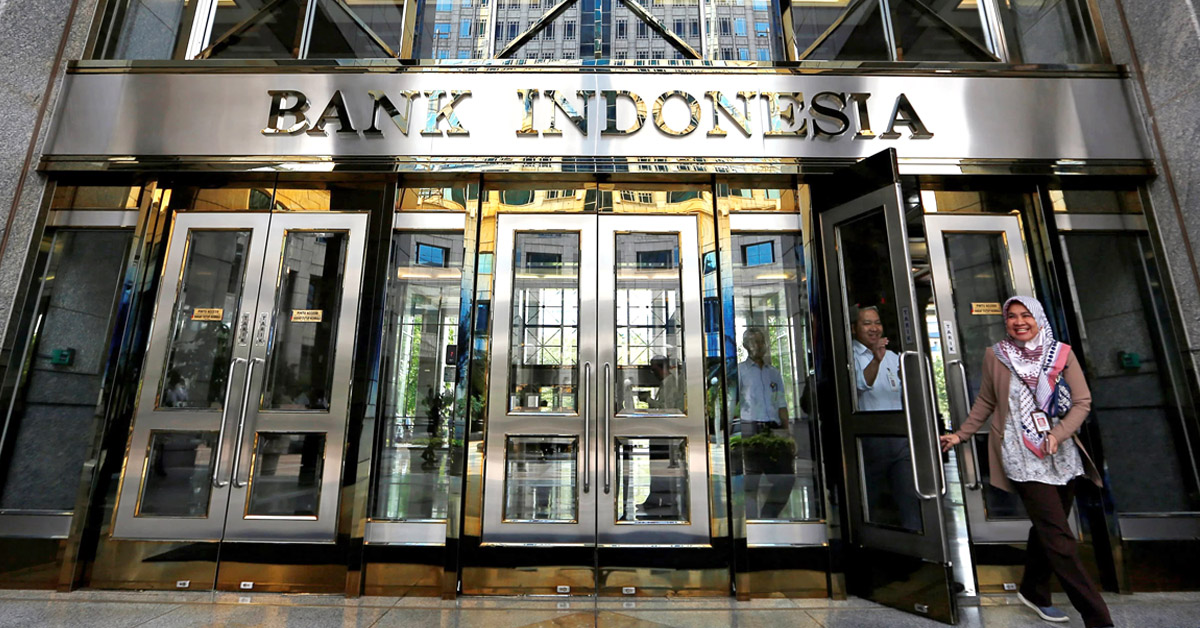
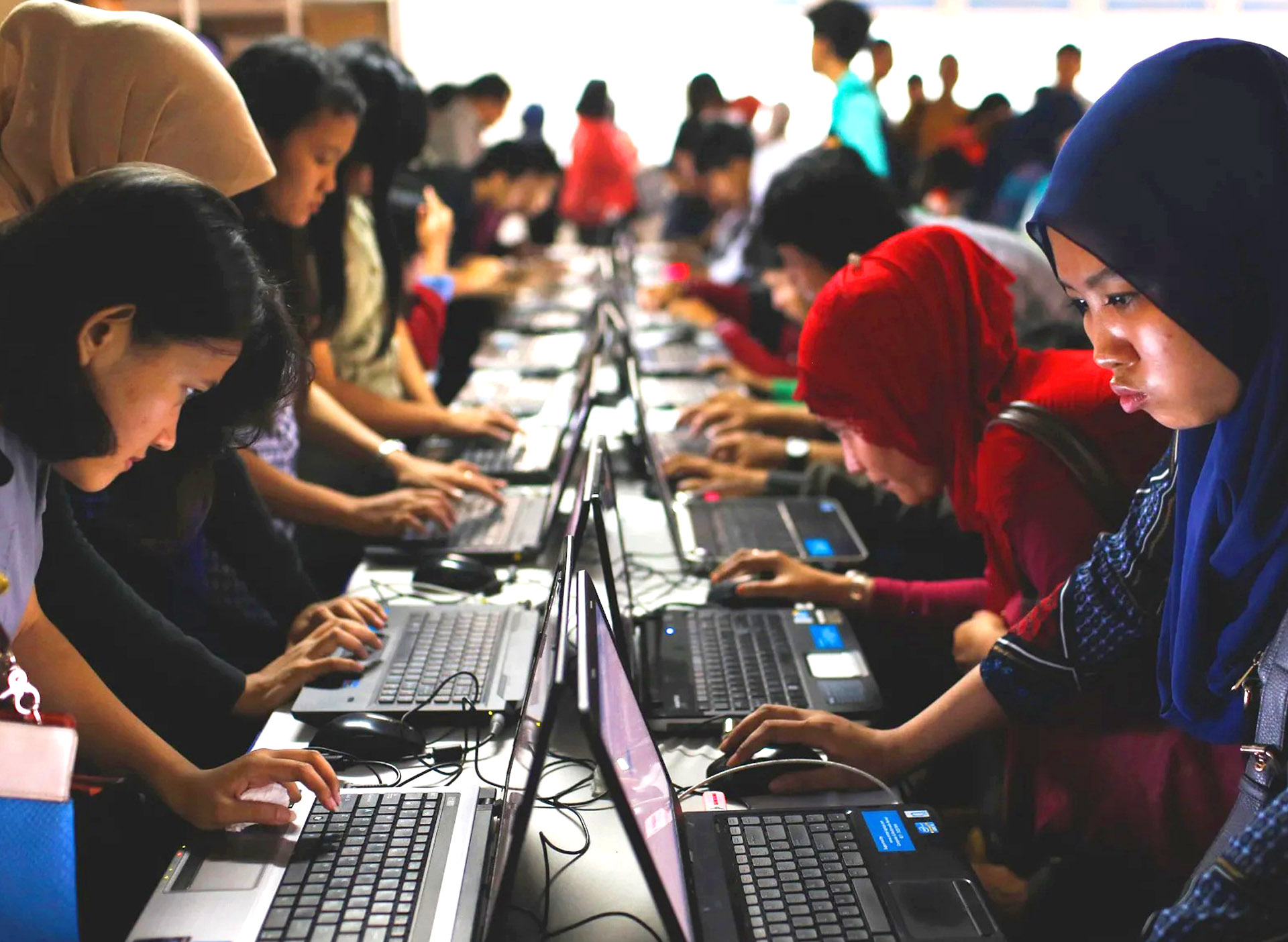






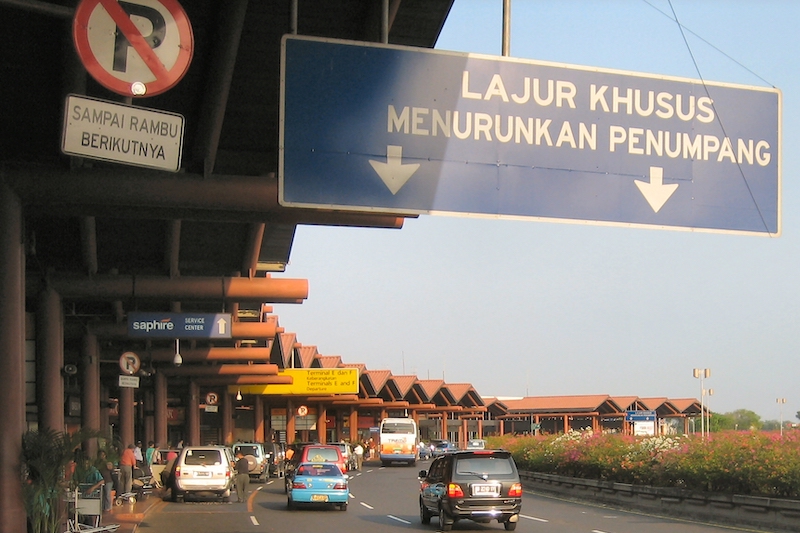
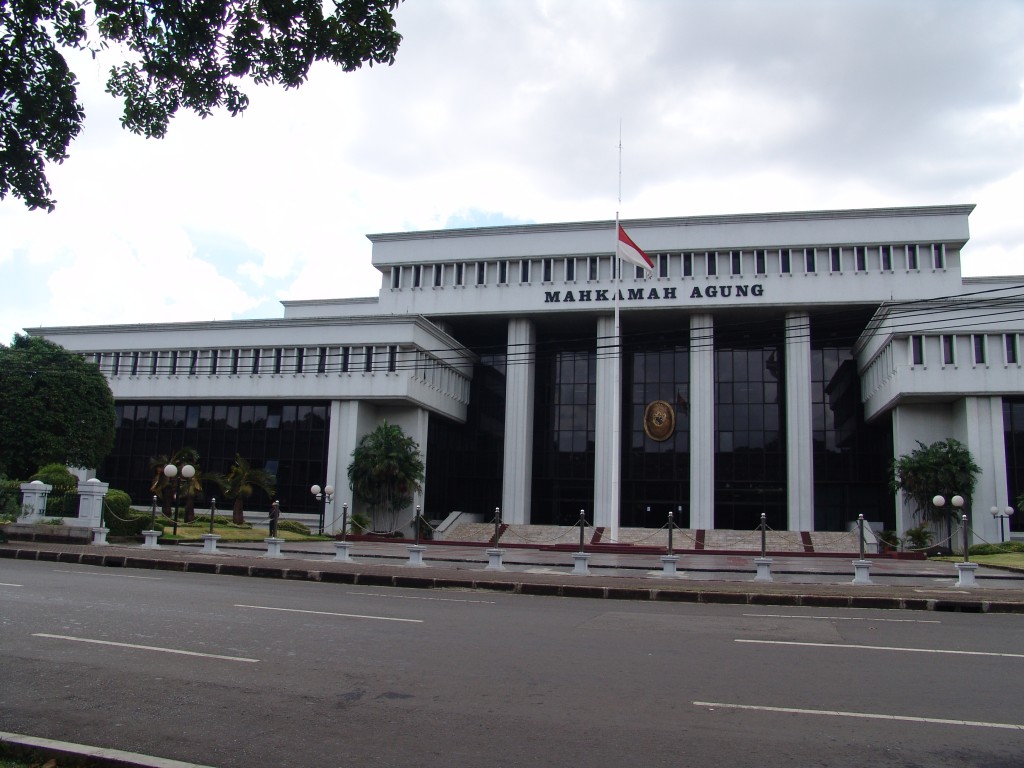






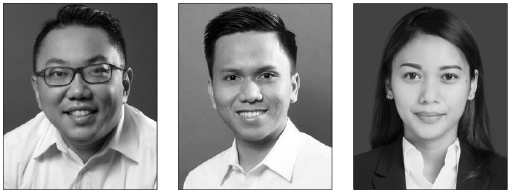






 Makarim & Taira S. (Old)
Makarim & Taira S. (Old) Rahayu Ningsih Hoed
Rahayu Ningsih Hoed




